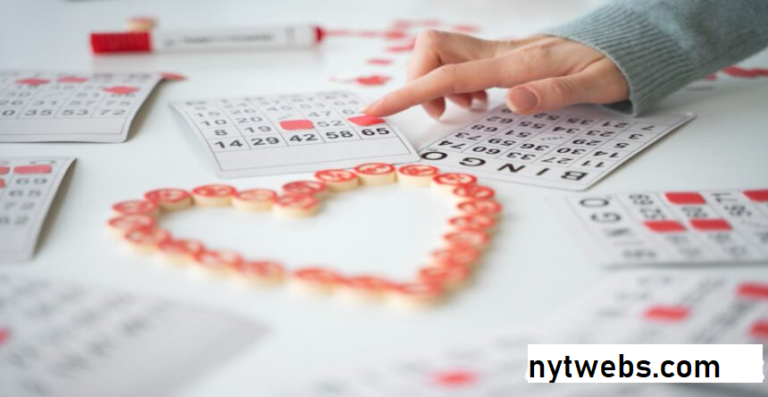In a world that often celebrates success and achievement, admitting that you’re was really bad at something nyt at something can feel like a taboo. However, the reality is that failure and struggle are fundamental parts of the learning process. The journey of being bad at something can lead to self-discovery, resilience, and ultimately, mastery.
The Fear of Failure
From a young age, we are conditioned to pursue excellence. Grades, awards, and accolades are often held in higher regard than the messy process of learning. This creates a fear of failure that can be paralyzing. Many people avoid trying new things simply because they don’t want to be “bad” at them. But what if we reframed this fear?
The Value of Being Bad
Being bad at something is not a reflection of your worth or potential; rather, it is a stepping stone on the path to improvement. When we allow ourselves to be beginners, we open the door to growth. This is particularly true in skill-based activities like sports, arts, and even professional endeavors. Embracing the struggle can lead to increased motivation and perseverance.
Learning Through Failure
Take, for example, the journey of learning a musical instrument. Most beginners will struggle with coordination and rhythm. However, it is through those early, awkward attempts that they develop the skills necessary for mastery. Each mistake provides valuable feedback, helping the learner to adjust and improve.
Similarly, in professional settings, those who embrace their shortcomings often find innovative ways to overcome them. Failure encourages creativity, as individuals are pushed to think outside the box. Some of the most successful entrepreneurs have shared stories of their early failures, which provided essential lessons that shaped their eventual success.
Building Resilience
When you allow yourself to be bad at something, you cultivate resilience. Each failure teaches you to adapt, to pick yourself up, and to keep trying. This resilience is not only applicable to the specific skill but also translates into other areas of life. The ability to face challenges head-on can boost confidence and foster a growth mindset.
Creating a Safe Space for Failure
To truly embrace the idea of being bad at something, it’s important to create an environment that supports learning from failure. This can be achieved through:
- Encouraging a Growth Mindset: Shift the focus from outcomes to effort and improvement. Celebrate progress, no matter how small.
- Cultivating a Supportive Community: Surround yourself with individuals who share similar interests and are also on their learning journeys. A supportive network can make the process less intimidating.
- Redefining Success: Recognize that success is not solely defined by proficiency. Every step taken toward improvement is a success in itself.
Conclusion
In a society that often glorifies perfection, being really bad at something can feel daunting. Yet, it is through these experiences of struggle that we find our true potential. By embracing failure and learning to navigate our shortcomings, we can grow, adapt, and ultimately succeed. So the next time you find yourself feeling inadequate in a new endeavor, remember: every expert was once a beginner, and being bad at something is just the first step in a much more rewarding journey.
